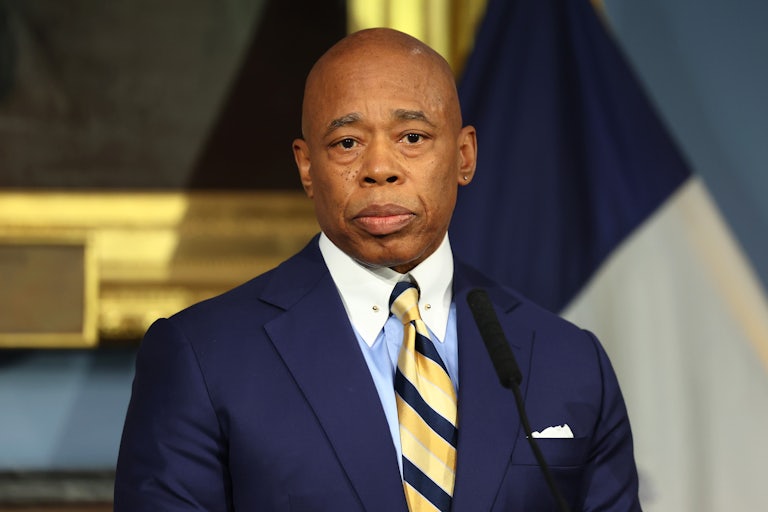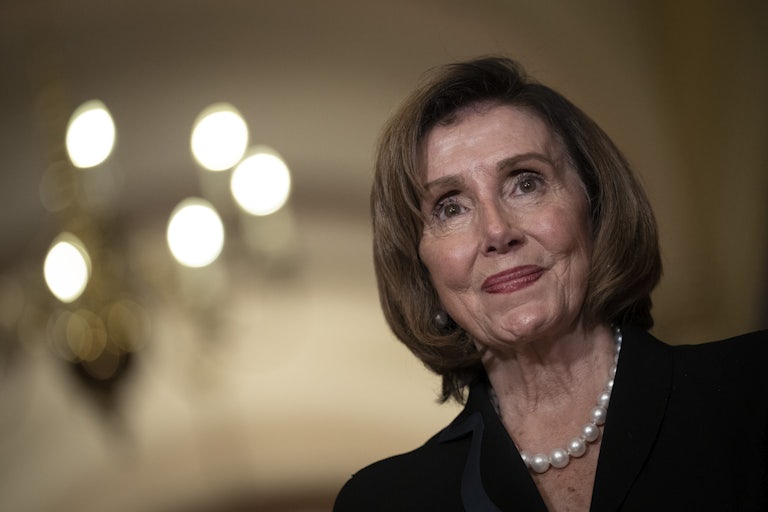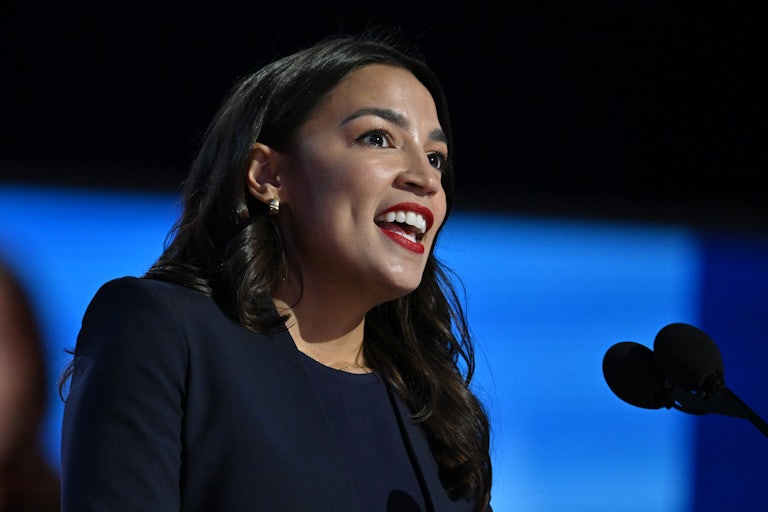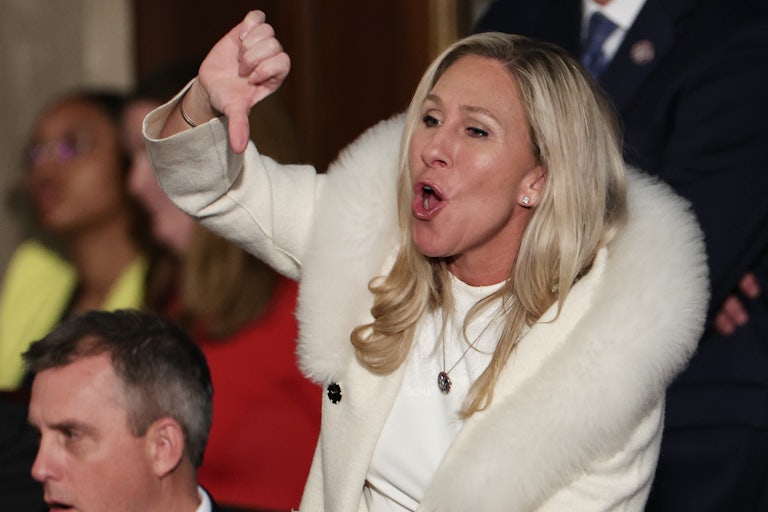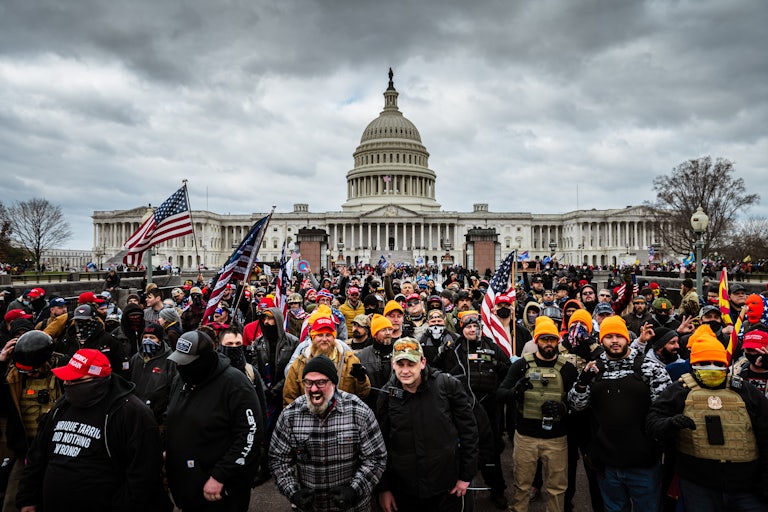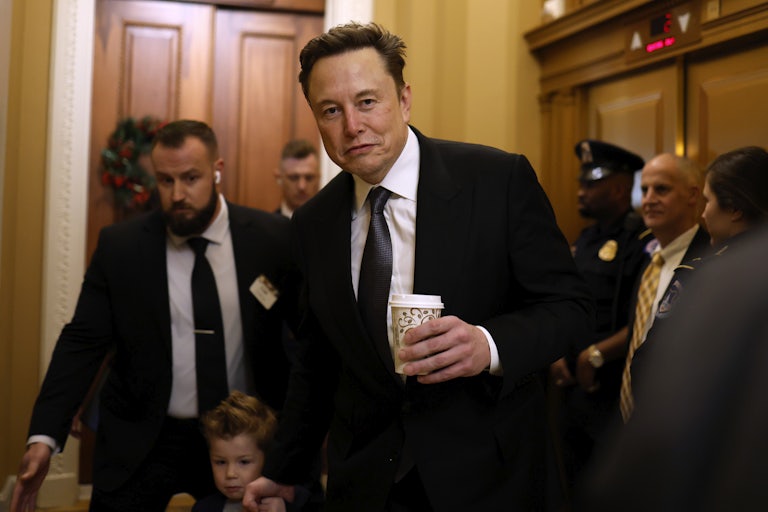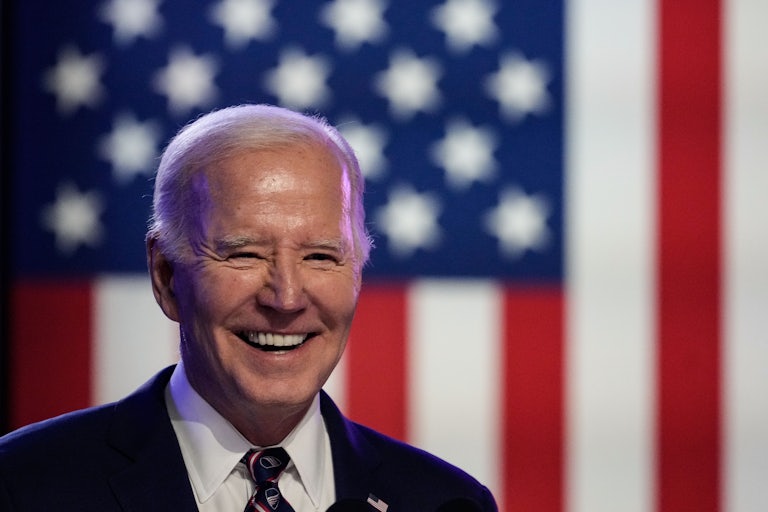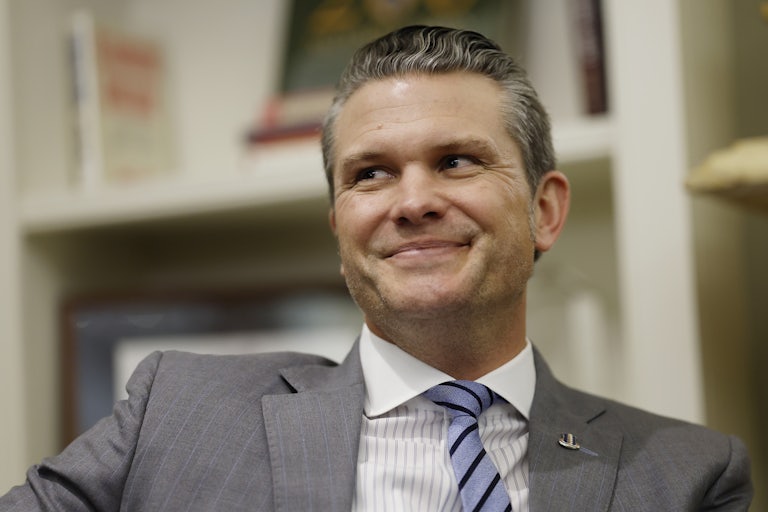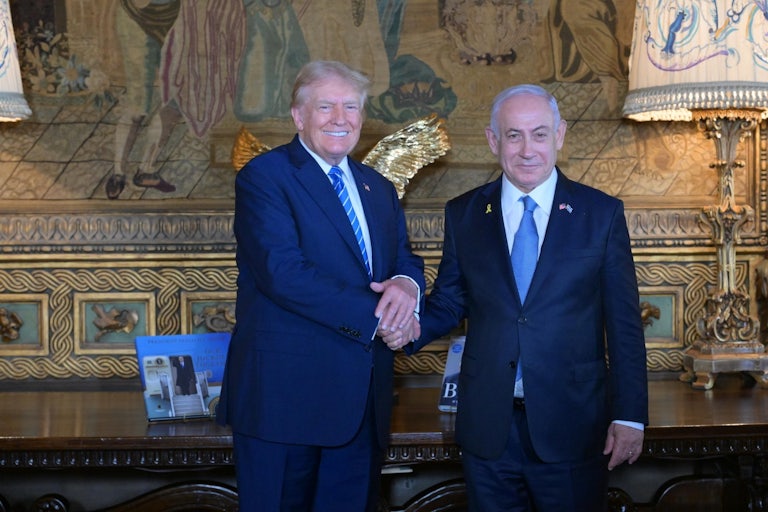NATO Chief Has a Dire Warning About Europe’s Future
Mark Rutte, who has led the alliance since October, says it needs to shift to a “wartime mindset” as Russia’s threat continues to grow.
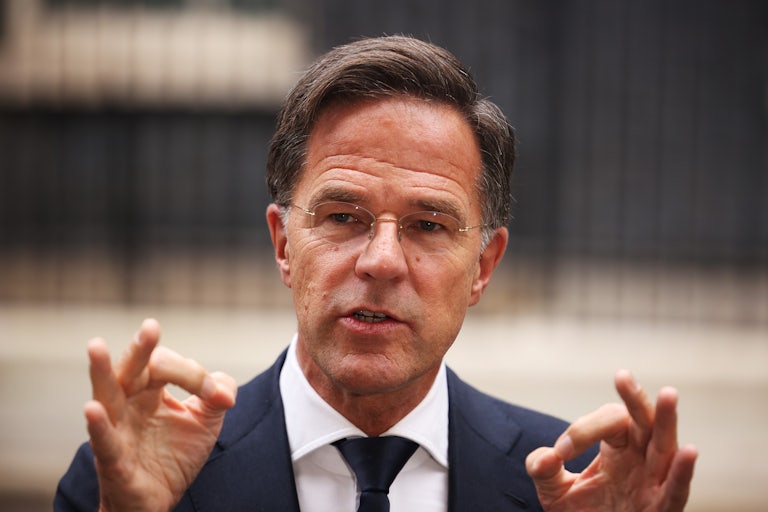
NATO chief, Mark Rutte, warned members on Thursday that the international alliance must shift to a “wartime mindset,” predicting years of conflict with Russia as the superpower batters down Ukrainian forces.
“Russia is preparing for long-term confrontation, with Ukraine and with us,” Rutte said during a speech in Brussels in which he highlighted the short distance to where “Russian bombs are falling … Iranian drones are flying,” and “North Korean soldiers are fighting,” he said, referencing the complexity—and global nature—of conflict with Russia.
“We are not ready for what is coming our way in four to five years,” the secretary general continued. “It is time to shift to a wartime mindset, and turbocharge our defense production and defense spending,”
Raising the 32-nation alliance’s 2 percent defense spending is, according to Rutte, a “top priority.” Rutte, a former Dutch prime minister, called on NATO members to “stop creating barriers” between one another and their industries, calling it “simply unacceptable” that European banks and pension funds were refusing to invest in defense spending.
At one point during his speech, Rutte spoke directly to the defense industry, promising that more money was on its way while daring weapons manufacturers to “innovate and take risks.”
On the other side of the conflict, Russia has approved a draft budget that plans to increase its military expenditures through 2027 to more than 6.2 percent of the country’s gross domestic product. Rutte, however, predicts that could grow even more, to as much as 8 percent of the country’s GDP.
“That’s a third of Russia’s state budget—and the highest level since the Cold War,” Rutte said. “And Russia’s defense industry is producing huge numbers of tanks, armoured vehicles, and ammunition. What Russia lacks in quality, it makes up for in quantity—with the help of China, Iran, and North Korea.” Troops from North Korea—and military hardware and technology from China and Iran—have helped Russia recover from the heavy losses it has suffered in Ukraine, a shrinking pool of available recruits, and growing apathy about the war as it drags on.
President-elect Donald Trump has long threatened America’s withdrawal from the Western military and trade alliance, sparking condemnation from some of his former allies. In February, Trump claimed he once told a European leader that he’d allow Russia to “do whatever the hell they want” to NATO allies if they didn’t “pay” their “bills.” (NATO dues are determined by guideline rather than mandate, and the United States has never been shortchanged by other members. The Cold War organization has “no ledger that maintains accounts of what countries pay and owe,” according to former Obama staffer Aaron O’Connell, who explained to NPR in 2018 that “NATO is not like a club with annual membership fees.”)
While Trump’s former national security adviser John Bolton cast doubt on the incendiary story, he didn’t question his desire to nix the strategic alliance. “Look, I was there when he almost withdrew, and he’s not negotiating,” Bolton said at the time. “His goal here is not to strengthen NATO, it’s to lay the groundwork to get out.”
One of Trump’s biggest and boldest campaign promises was that he would immediately end the Russian invasion of Ukraine—though his philosophy on how to achieve that was suspiciously scant of details and, at times, veered toward solutions that would invariably aid Russia. In June, meanwhile, Trump said he would be open to an increase in U.S. weapons aid to Ukraine so long as it shows up for peace talks with Russia, reported Reuters.
Trump’s advisers envisioned that the peace talks—which Trump promised to facilitate after reentering the White House—would also quietly include Ukraine seceding large, resource-rich regions of the country that is currently occupied by Russian forces. The concept was drawn up by retired Lt. Gen. Keith Kellogg and Fred Fleitz, both former chiefs of staff in Trump’s National Security Council. Such a deal would put NATO in a precarious position.
Russia has made considerable advances in recent months, but its growing reliance on allies suggests that it is stretched perilously thin. An end to the war in Ukraine—particularly one that gives it much of the territory it desires—would be an enormous gift to the country and would put it on NATO’s doorstep. Article 5 of NATO’s treaty says that an attack on any member of the alliance will be treated as an attack on all NATO members: Should Russia look to invade Poland or one of the Baltic nations next, it could quickly spiral into a devastating global conflict.
